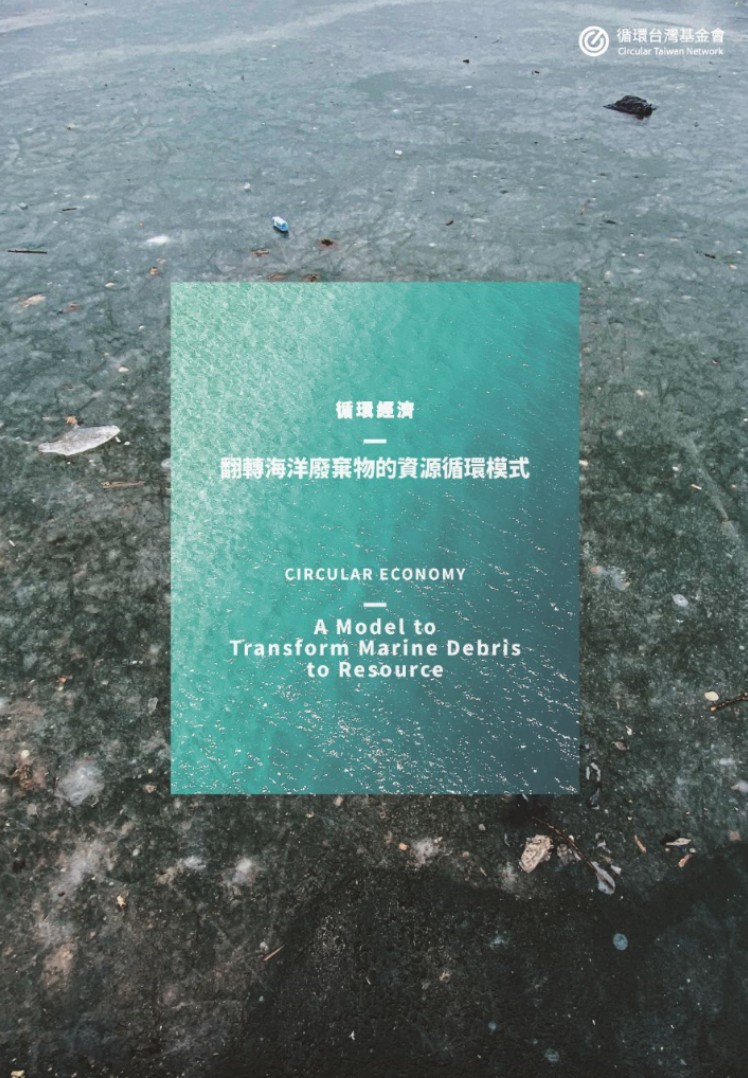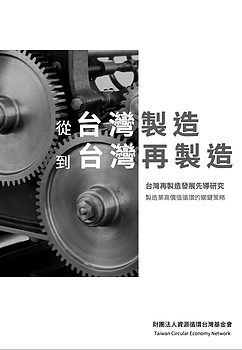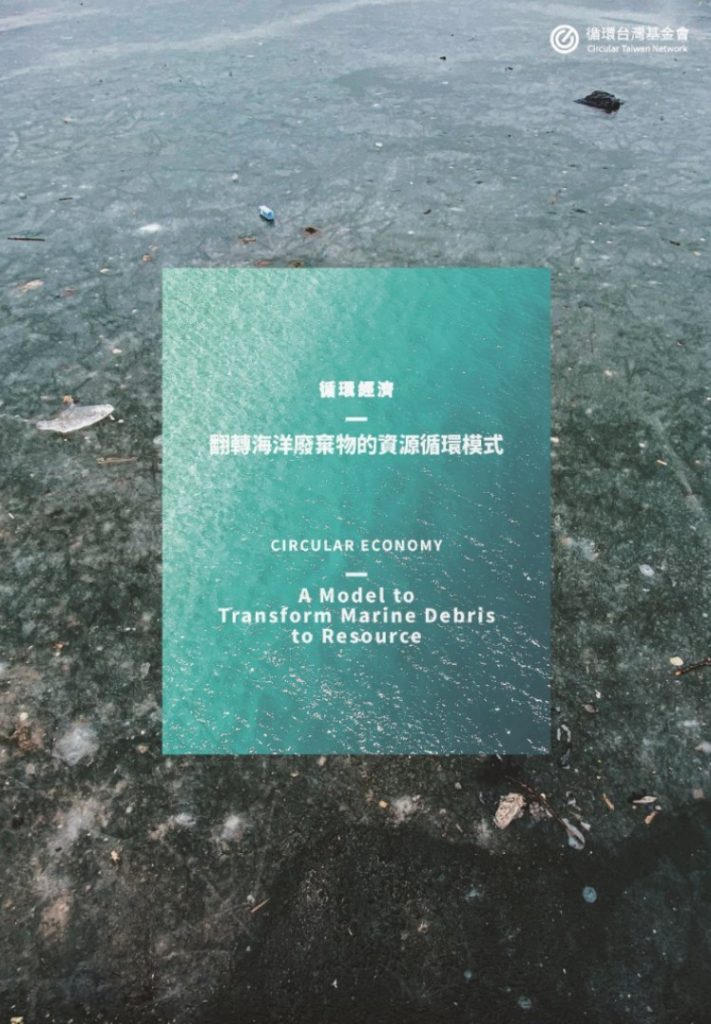Why Should We Care About Plastic Pollution in the Ocean?
As oceans occupy 70% of the earth’s surface, its health and human life are intricately interlinked in many ways. For example, the oceans provide mankind with seafood, resources and minerals, energy, transportation, tourism-related industries, climate regulation, biodiversity and an underwater ecological system.
Unfortunately, human economic activities have caused damages such as overfishing, acidification, and eutrophication of ocean waters. Pollution from plastic waste has also become a global environmental crisis. Currently, there are 150 million tons of plastics in the ocean disrupting water quality and marine habitats. Plastic marine debris have not only killed numerous sea animals directly, but it has also affected human health through the food chain. Additionally, the debris has severely harmed the marine ecosystems.
Why do we need to address this issue from a circular economy perspective?
Currently, most of the attention around marine debris containment is focused on removing pollutants from the sea. While this can have an immediate impact on the marine environment, it is labor and capital intensive, and has limited results. Since 80% of marine waste comes from land-based production and consumption activities, we must change the linear economic model of “Take-Make-Use-Dispose” in order to tackle waste at its source.
By using the three strategies of circular economy; product as a service, high value utilization of resources, and systems collaboration, we can create a closed-loop plastics supply chain that will allow plastics to continue serving mankind without damaging the ocean.
Highlights from the report
- A flow diagram that helps readers understand the origin of Taiwan’s marine debris and their movements in each stage. It will serve as the foundation for discussions regarding systemic issues.
- Nine domestic and international best practices showcasing how circular economy was used to address marine debris. It details the benefits and opportunities of using circular economy as a solution and how it inspires future applications. Additional best practices will be added in the future.
- The first comprehensive chart that documents each relevant governmental department’s views on marine debris treatment. It hopes to encourage more stakeholders such as entrepreneurs and fishermen to join the discussion and work together to achieve a waste-free ocean.
Actions You Can Take
Become one of the signatories to the Global Commitment for A New Plastics Economy (https://www.circular-taiwan.org/post/newplastics). Circular Taiwan Network will actively push for government initiatives and changes in corporate practices in the hopes that Taiwan might become a key global partner in solving the problem of plastic marine debris.
If you are a business, we invite you to join our CoPartners platform (https://www.circular-taiwan.org/copartners), where we can develop solutions together quickly and broaden our impact on government and businesses.
If you are an individual, please continue to watch for updates from Circular Taiwan Network and support relevant changes in your daily life. Let’s make circular economy solutions a common practice!
If you wish to use contents from the report, please cite Circular Taiwan Network as the source.


